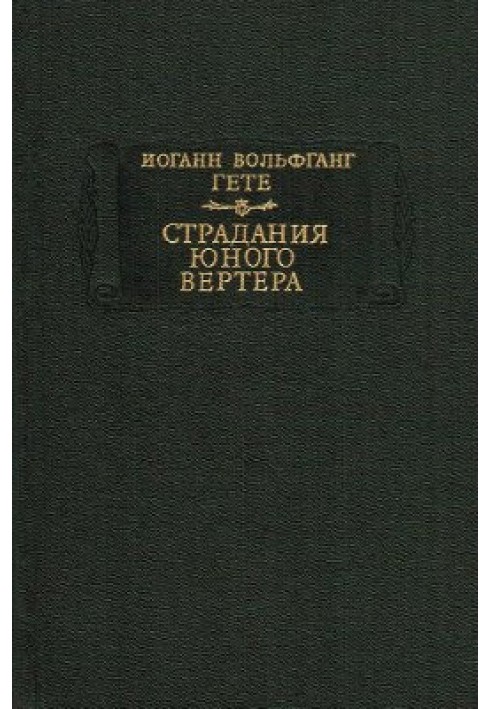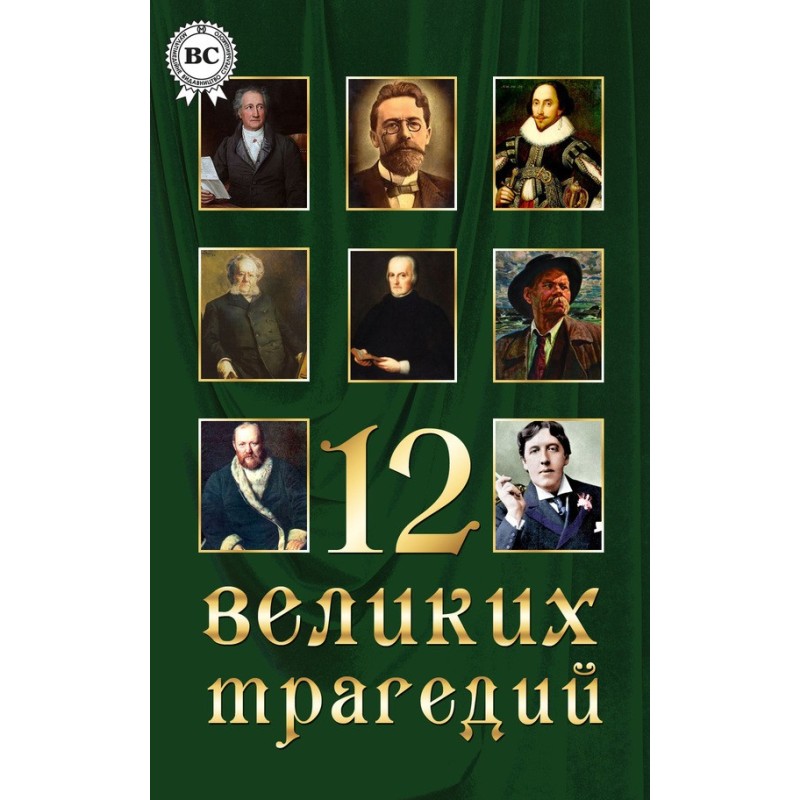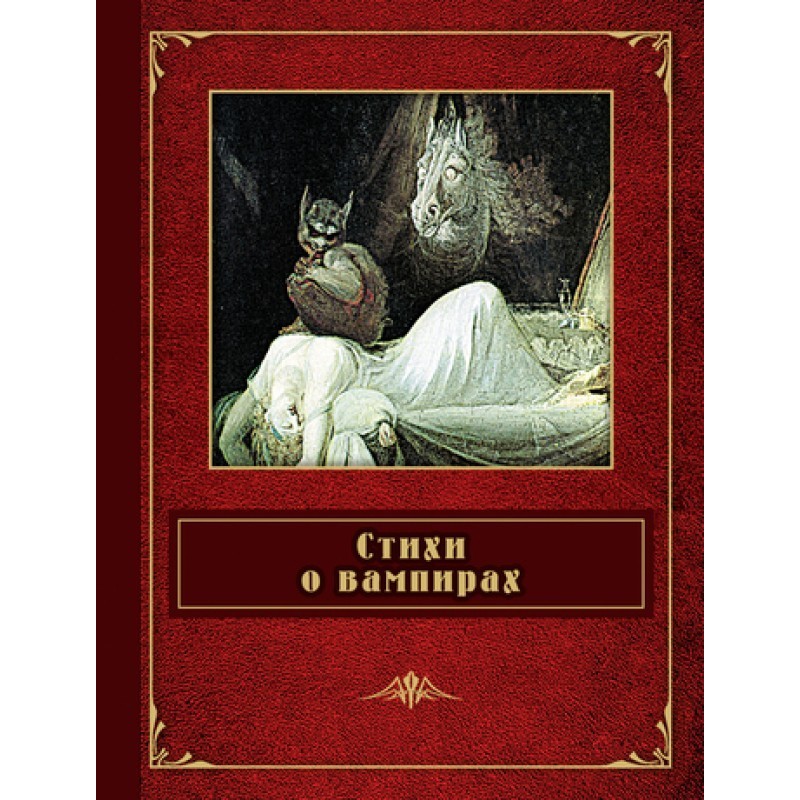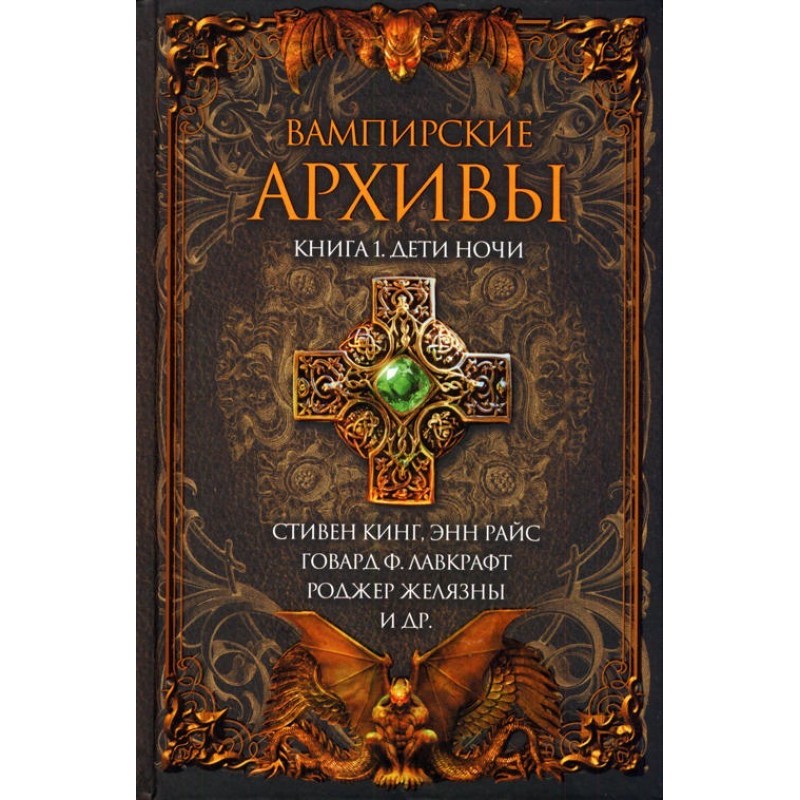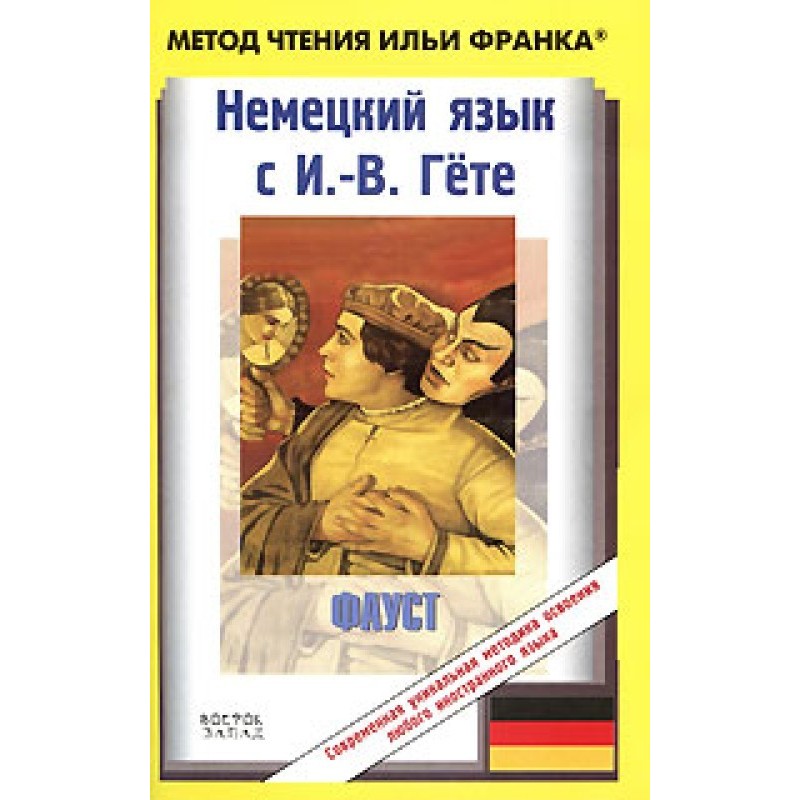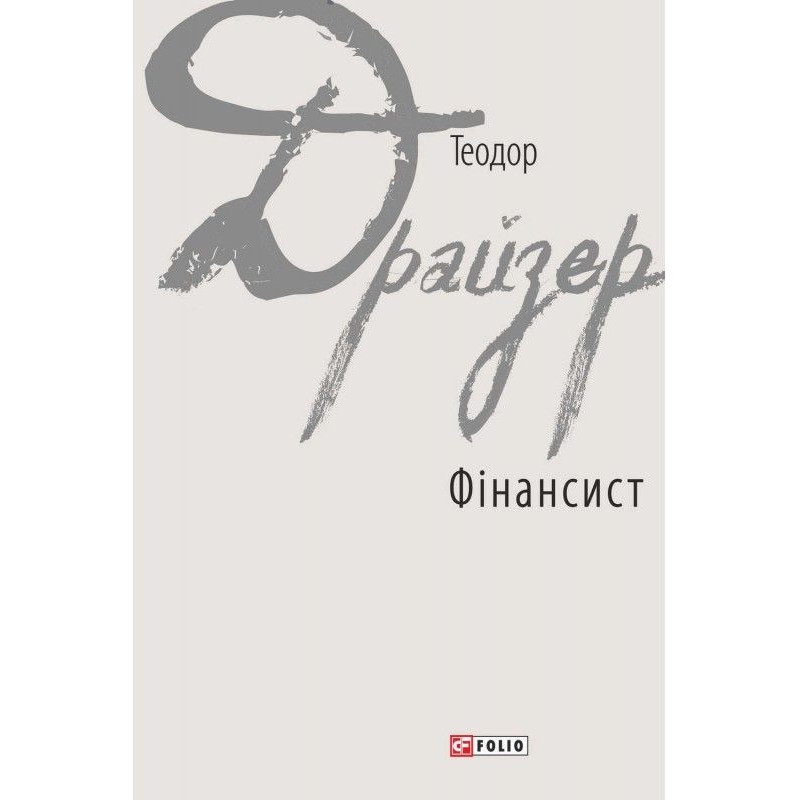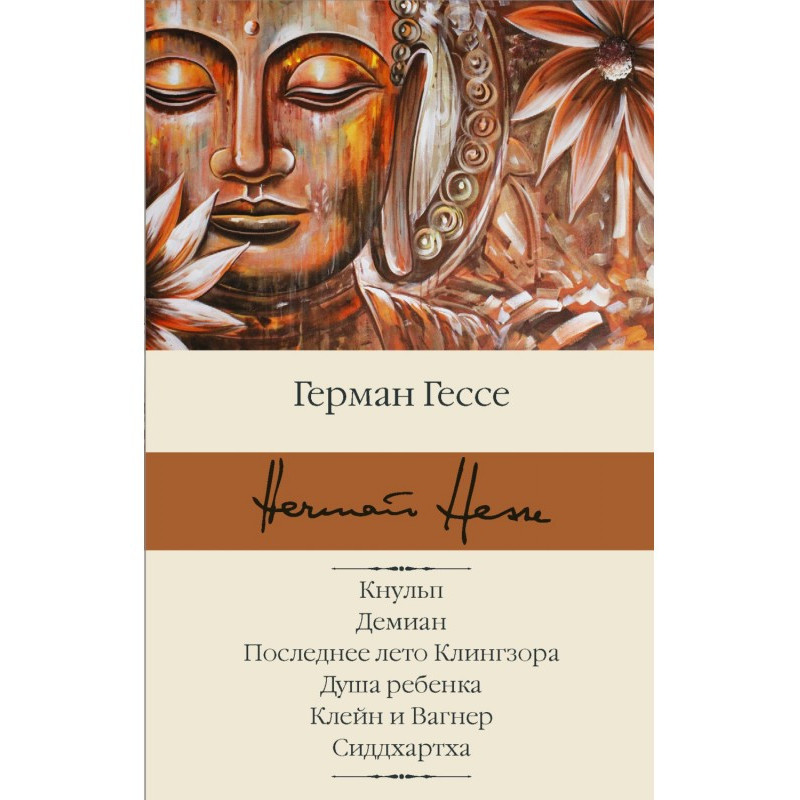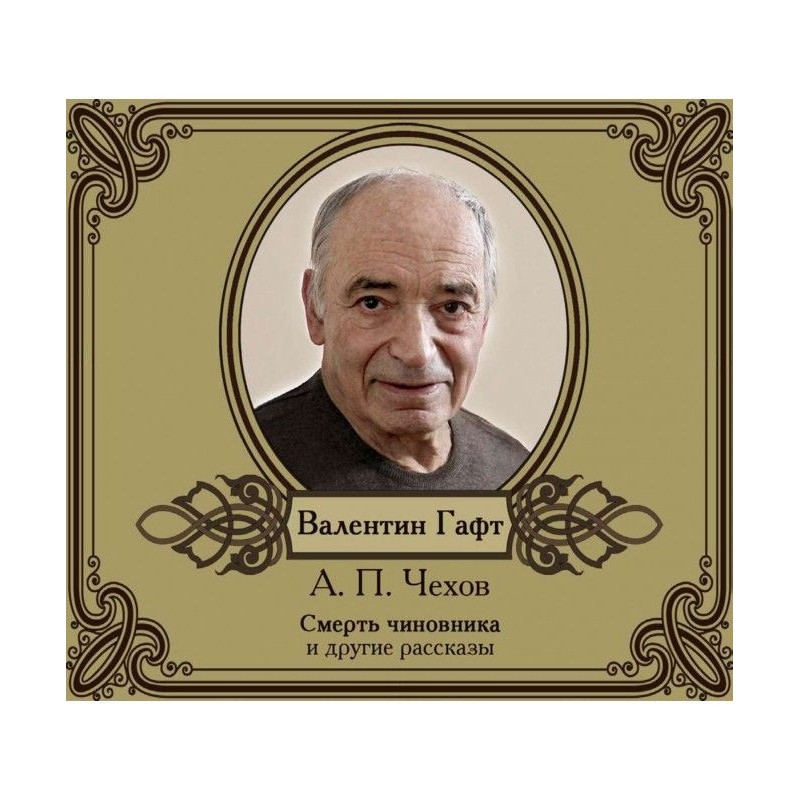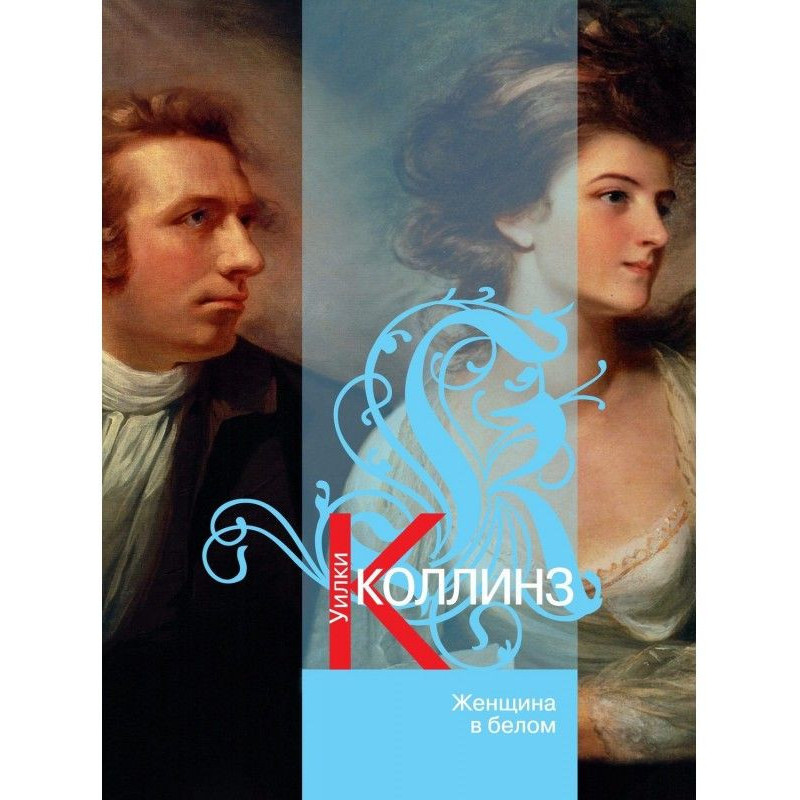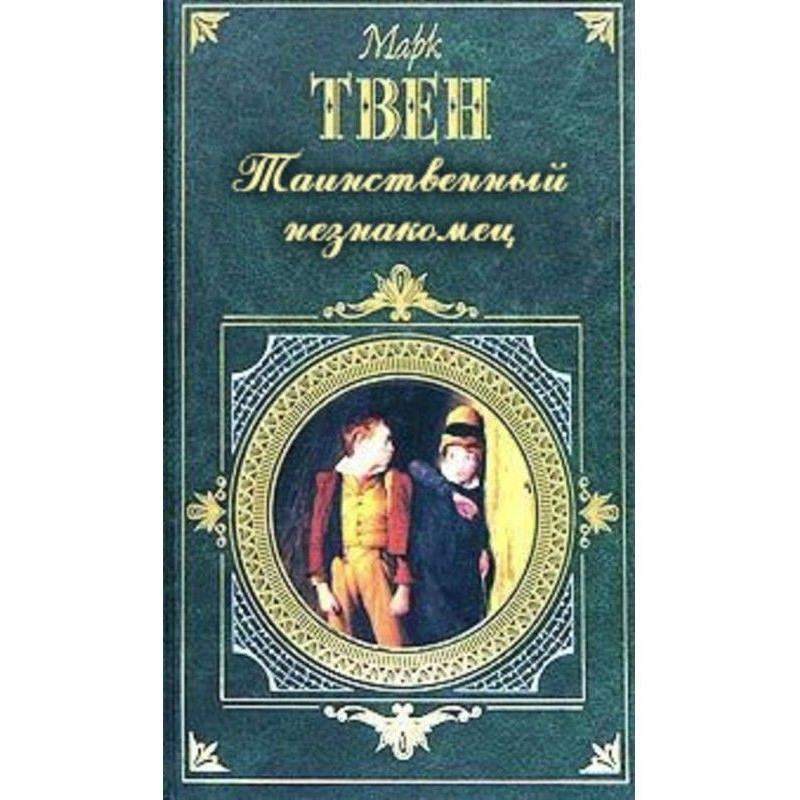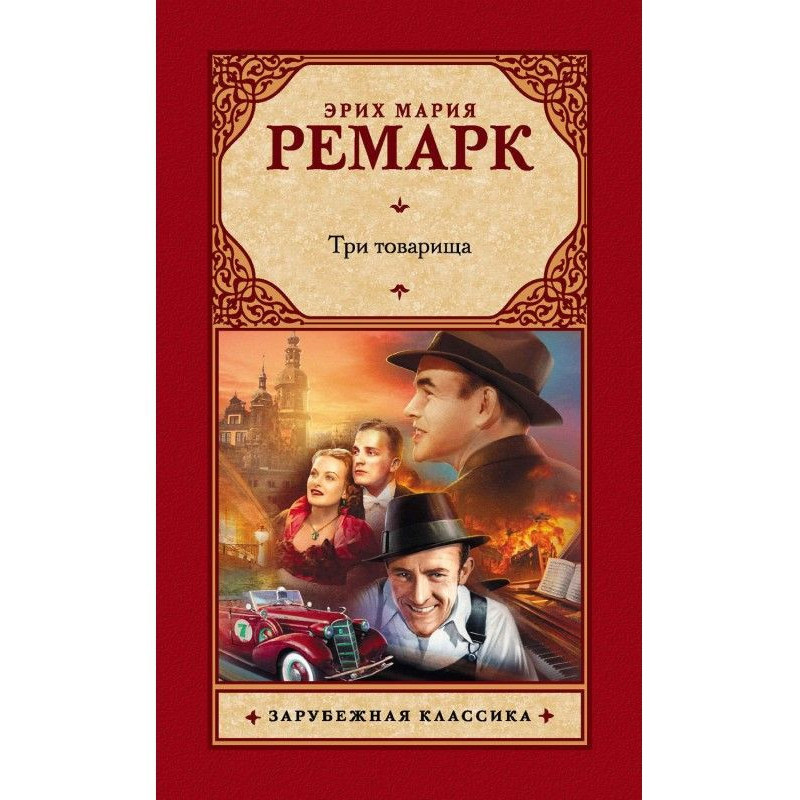Goethe I.V. The Sorrows of Young Werther
 Instant download
Instant download
after payment (24/7)
 Wide range of formats
Wide range of formats
(for all gadgets)
 Full book
Full book
(including for Apple and Android)
The Sorrows of Young Werther (German: Die Leiden des jungen Werthers - in the first editions and German: Die Leiden des jungen Werther - in modern editions) is a sentimental novel in the letters of Johann Wolfgang Goethe in 1774. The novel, against the backdrop of a picture of German reality, reflects the dramatic personal experiences of the hero, which ended in his suicide. The novel “The Sorrows of Young Werther” became Goethe’s second literary success after the drama “Götz von Berlichingen”. Both the drama and the novel in the letters are classified as part of the “Storm and Drang” movement. “The Sorrows of Young Werther” is somewhat autobiographical in nature; in it, in a free interpretation, Goethe spoke about his platonic love for Charlotte Buff. Goethe met her during an internship at the Imperial Chambers Court of Wetzlar in the summer of 1772. The motive for the tragic outcome of a love story, Werther Goethe's suicide, was inspired by the death of his friend Karl Wilhelm Jerusalem, who suffered from love for a married woman. The literary image of Lotte owes its appearance to another acquaintance of Goethe’s at that time, Maximiliane von Laroche. The first edition of the novel was published in the fall of 1774 for the Leipzig Book Fair and immediately became a bestseller. A revised edition was published in 1787. The novel gave Goethe fame throughout Germany. None of Goethe's works were read by so many contemporaries. The spread of the novel caused a wave of copycat suicides in Europe, which was later called the Werther effect. This effect was so strong that in a number of states the authorities banned the distribution of the book. CONTENTS: The suffering of young Werther. (Translation by N. Kasatkina) (5). ADDITIONS From the first Russian translations and imitations of Goethe’s novel “The Sorrows of Young Werther” (179). From the book “The Passion of Young Werther”. Translation by F. Galchenkov (179). From the book “The Passion of Young Werther.” Translation by F. Galchenkov, rev. I. Vinogradov (184). Letter to a friend. Translation by A. Turgenev (189). From the book “The Sorrows of Werther.” Translation by N.M. Rozhalin (191). From the story “Evening on Mount Mogoya” (195). From the story of Prince Pyotr Shalikov “Spring” (197). V.I. Tumansky. Werther to Charlotte. (An hour before death) (198). Bibliography of the first Russian translations of Goethe’s novel “The Sorrows of Young Werther” (XVIII-XIX centuries) (199). APPENDICES G.V. Stadnikov. Goethe and his novel “The Sorrows of Young Werther” (205). Notes (compiled by G.V. Stadnikov) (245).
Data sheet
- Name of the Author
- Иоганн Гёте Вольфганг
- Language
- Russian
- Translator
- Коллектив авторов

